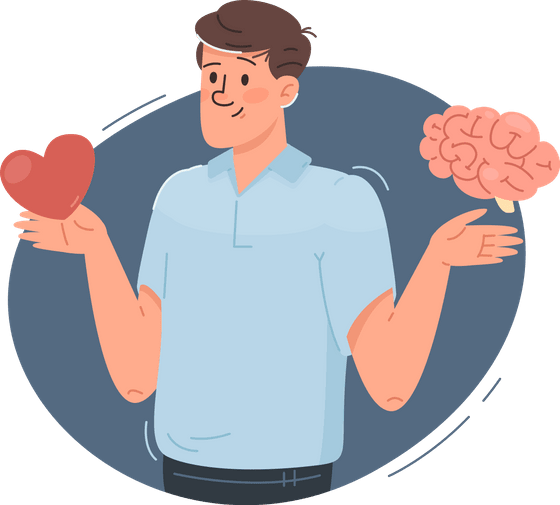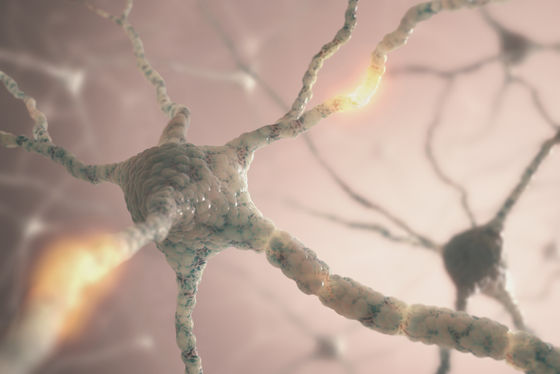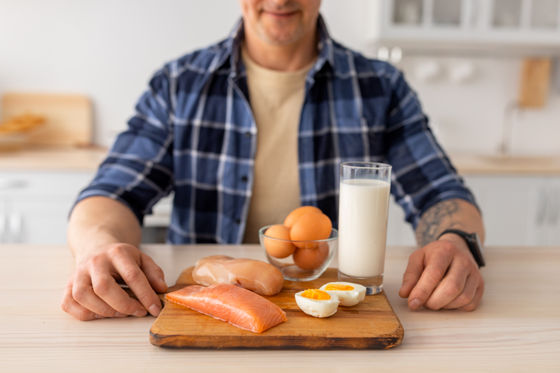Is it possible to boost the happy hormone 'serotonin' with meals?

Can you actually 'boost' serotonin?
https://www.livescience.com/can-you-boost-serotonin
·table of contents
◆1: What kind of substance is serotonin in the first place?
◆2: How does serotonin work?
◆3: What happens when serotonin is insufficient?
◆ 4: How to 'boost' serotonin?
◆1: What kind of substance is serotonin in the first place?
According to Teresa Poplawski, a neuropsychiatrist and chief medical officer at Relief Mental Health, a medical institution in Illinois, USA, serotonin is a chemical released by the brain and gut that interacts with cells. It is said that he is in charge of communication.
Although serotonin is often noted for its function in the brain, most of the serotonin in the body is in the intestine, and serotonin in the brain is about 1 to 2%. Some sources state that it is 10%, but in any case, most of it is functioning in the intestines.
Also, serotonin changes its action depending on where it is made. 'Serotonin made in the brain acts as a neurotransmitter, while serotonin made in the gut acts as a hormone,' Poplawski said.

◆2: How does serotonin work?
As mentioned above, serotonin works differently depending on whether it is in the brain or in other body tissues. First, in the central nervous system, which consists of the brain and spinal cord, serotonin is secreted at synapses that connect nerve cells, and information is transmitted by releasing serotonin from one nerve cell and receiving it at the other. .
Regarding the way serotonin acts on neurons, Poplawski said, ``The nerve cells that secrete serotonin can control the amount of serotonin in the synaptic cleft by re-uploading the neurotransmitters that they have released. The action is called 'serotonin reuptake.' For example, slowing this reuptake with certain drugs can increase the effects on the nerve cells receiving serotonin. One type,
Acting in the brain in this way, serotonin not only regulates mood, but also regulates many functions of the central nervous system, such as sleep, appetite, learning, memory, and libido.

The medical community has long believed that fluctuations in serotonin levels directly affect human mood. However, recent research has revealed that there is a more dynamic interaction between serotonin and human mind and behavior.
'Just as hardware and software interact in a smartphone, for example, in the brain, neural circuits that connect two or more areas are responsible for mood, motivation, joy, and mood,' says Shaheen Rakan, a neurologist in Boston, Massachusetts. 'It's responsible for complex functions such as cognition, memory, and language. In other words, no single part of the brain or neurotransmitter functions in isolation.'
Besides the brain, serotonin is involved in the functioning of the intestines, and by binding to platelets in the blood, serotonin regulates blood clotting and prevents too much blood from flowing through the wound healing process. Serotonin can also be synthesized in both the brain and gut into the hormone

◆3: What happens when serotonin is insufficient?
According to Mr. Poplawski, serotonin is synthesized using an amino acid called
Therefore, low serotonin levels are mostly caused by a lack of tryptophan. In addition, serotonin deficiency can also be caused by nutritional deficiencies such as vitamin B6, folic acid, and magnesium, excessive alcohol consumption, sugary diets, and smoking.
When you don't make enough serotonin due to these causes, symptoms such as anxiety, depression, lack of concentration, insomnia, overeating and weight gain appear.
◆ 4: How to 'boost' serotonin?
So, regarding the question of whether serotonin can be increased, Poplawski said, ``At least in theory, dietary tryptophan can increase the production of serotonin in the brain. When the precursor tryptophan enters the brain, other amino acids are also brought into the brain, so the actual blood levels of tryptophan are also affected by the concentrations of other amino acids. Even if it does get inside, it doesn't necessarily mean that it will be absorbed by the brain and used for serotonin synthesis.'
What this means is that while it is theoretically possible to boost the production of serotonin by ingesting a tryptophan-rich diet, a well-balanced intake of other amino acids is necessary to convert the tryptophan into serotonin. It means that you must have
Tryptophan is found in protein-rich foods such as chicken, lean pork, lean beef, salmon, soybeans, tofu, eggs, and pumpkin seeds.

Furthermore, even if you can boost serotonin synthesis, whether your body can take advantage of that extra boost is another story. In this regard, Mr. Lacan said, ``You may hear stories that exercise, diet, supplements and medicines increase serotonin, but it is like increasing the available battery capacity of a smartphone. It's not a function in itself,' he explained.
As described above, it is not enough to simply take in a lot of amino acids that are the basis of serotonin to boost serotonin, so the scientific news site Live Science said, ``After all, the function and production of neurotransmitters. There is still a need for further research in this area,” he concluded.
Related Posts:







